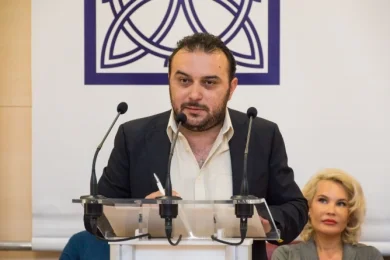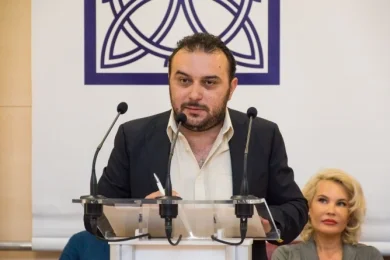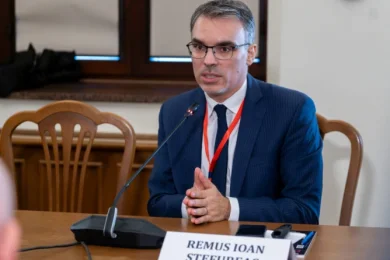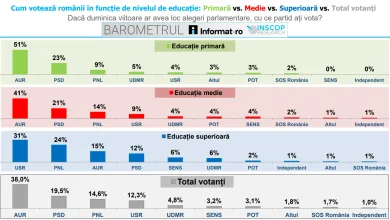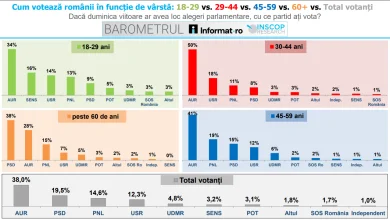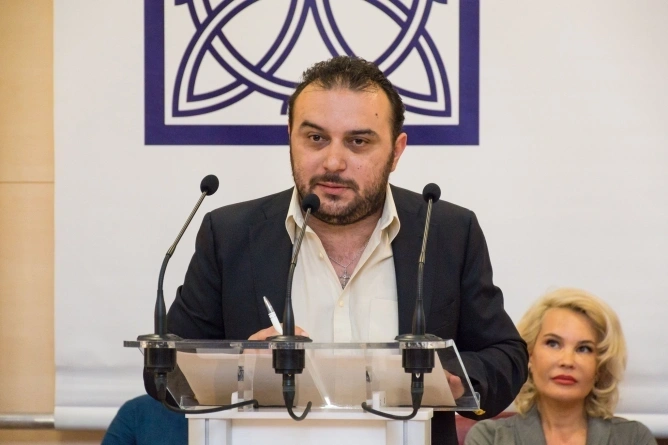
What I have seen these days in public opinion – in polls, of course, that we do not have a crystal ball – reminds me of an old joke, I don't know how successful it is, but it is very well placed regarding what is happening these days in our country.
Basically, it is about that scenario with we have good news and bad news. "The good news is that you are changing your votes. The bad news is that you are changing them among yourselves." The latest INSCOP figures tell us that half of Romanians would vote for a newly established party. This after, just a little earlier, the same INSCOP study showed AUR at 40-41%, PSD around 18, PNL at 15, USR around 12%, etc. We have talked here, in recent months, about the motivations behind this hierarchy, as well as the results of the elections in 2024 and 2025. We will not repeat the argument.
Ultimately, everything boils down to the question "is there a new party?". If the disappointment with the political class and even the need for a scapegoat have seemingly irreparably put the two major traditional parties (I refer to PSD and PNL, of course) in crisis, then we must understand that by new party the public has in mind AUR, a possible other sovereignist party, or simply another party, different from everything that exists now? Sovereignism seems to speak the language of many Romanians for some time now, but it is not the doctrine that is the key to understanding this phenomenon, but rather the communication of such parties, communication that manages to capitalize on the discontent and failures of different categories of people. But now, this electoral floor is already taken. So what could be another new party?
The politician must promise and be credible when he promises. And he must inspire trust in the public. At the moment, our traditional parties do not seem to have such a thing in their court, namely charismatic drummers (communicators) who have the potential to transform into leaders of the same type.
Ultimately, the thousand-point question is therefore another: are other, new parties capable of appearing with leaders ready to ignite the public's imagination? We are talking about leaders. We have already clarified the ideas.
In general, both during elections and in between, all parties measure trust in different people they intend to package as candidates for political positions. And, let's be serious, the crisis of mainstream parties is not ideological. It is a human resource crisis. To finish the discussion with a joke, famous in political consulting: if the party is not doing well, you change the candidates, not the doctrine. What surprises me is the inability of the major parties to produce political personalities that resonate with the public, of course, adapted to today's communication conditions. Hence the voters' desire to see new parties. Because in the old parties, they see organizationally frozen structures and at the level of human resources, not necessarily ideologically frozen.
